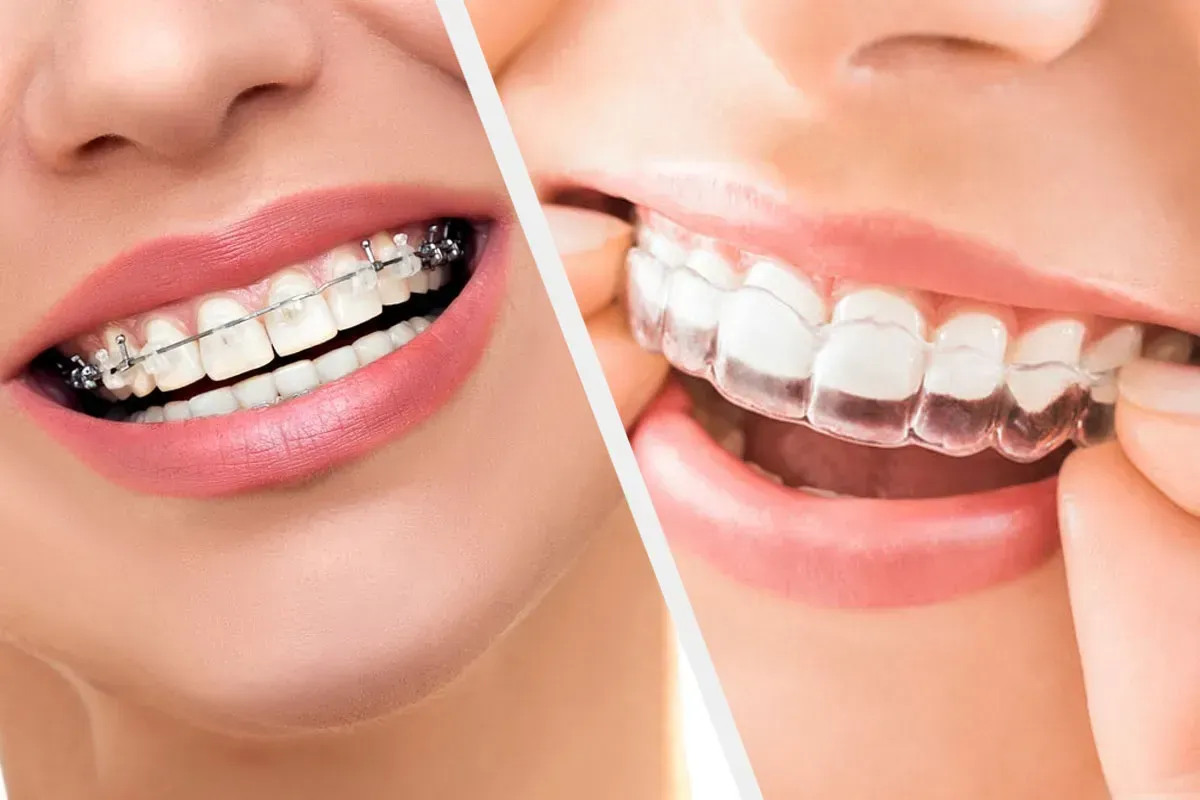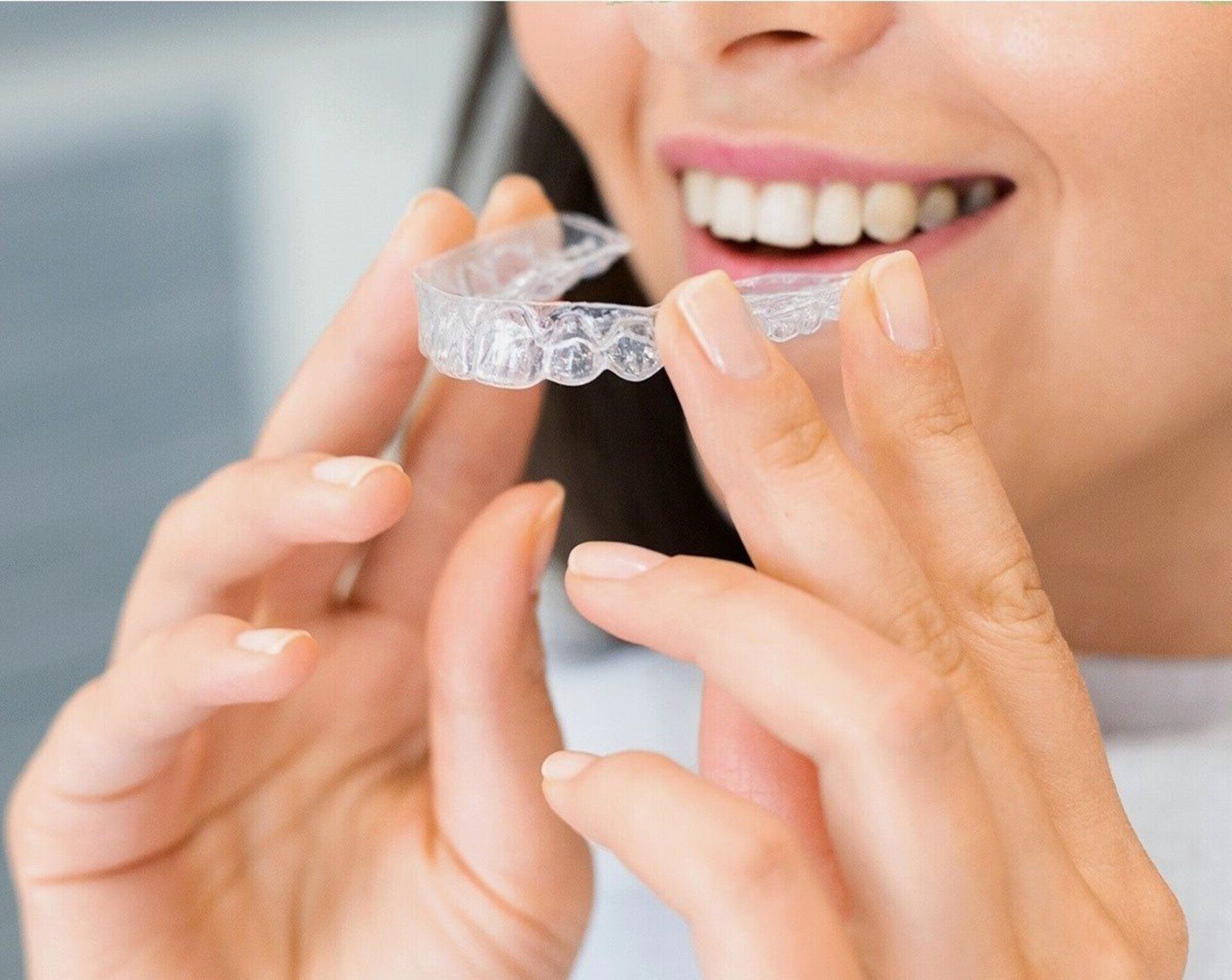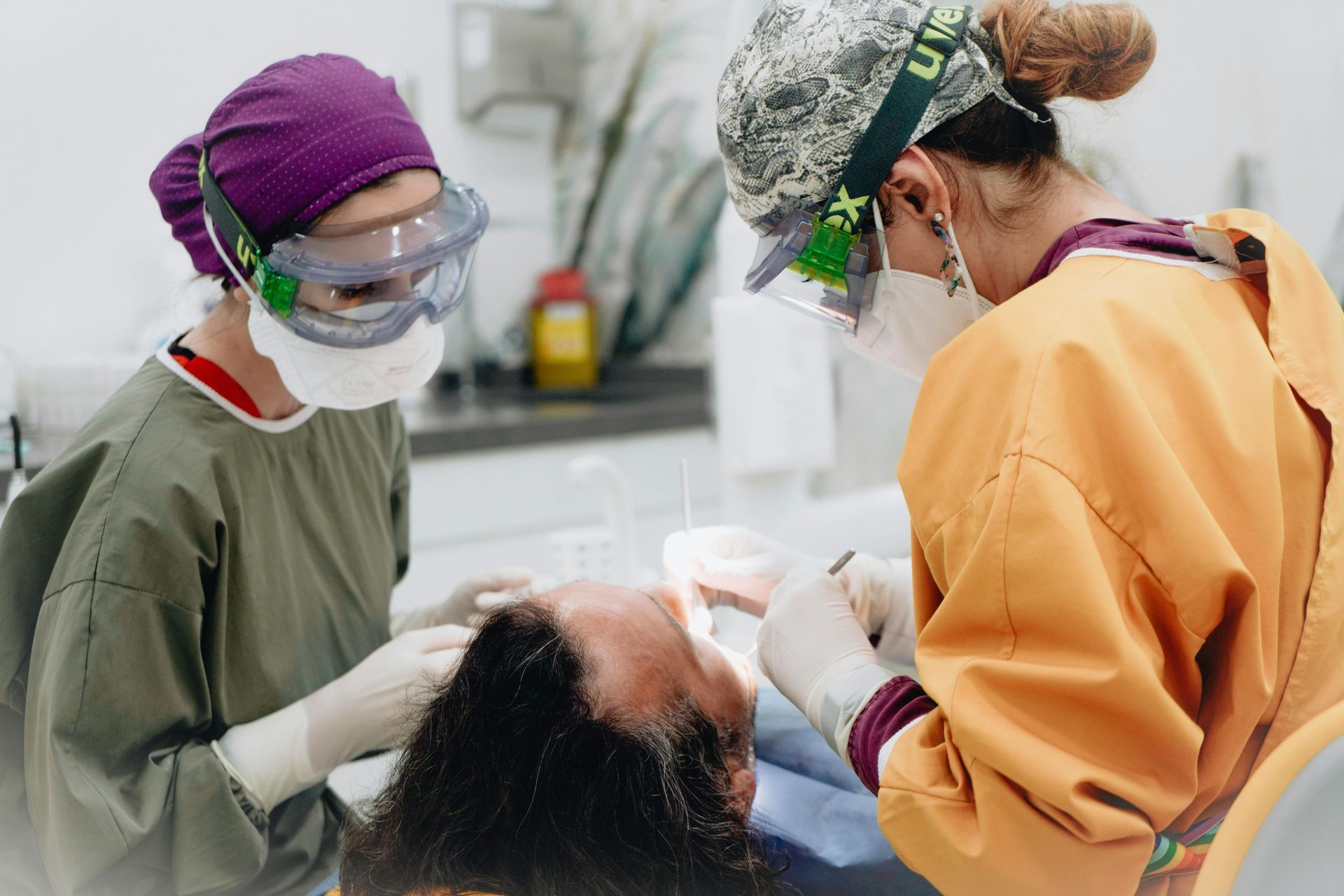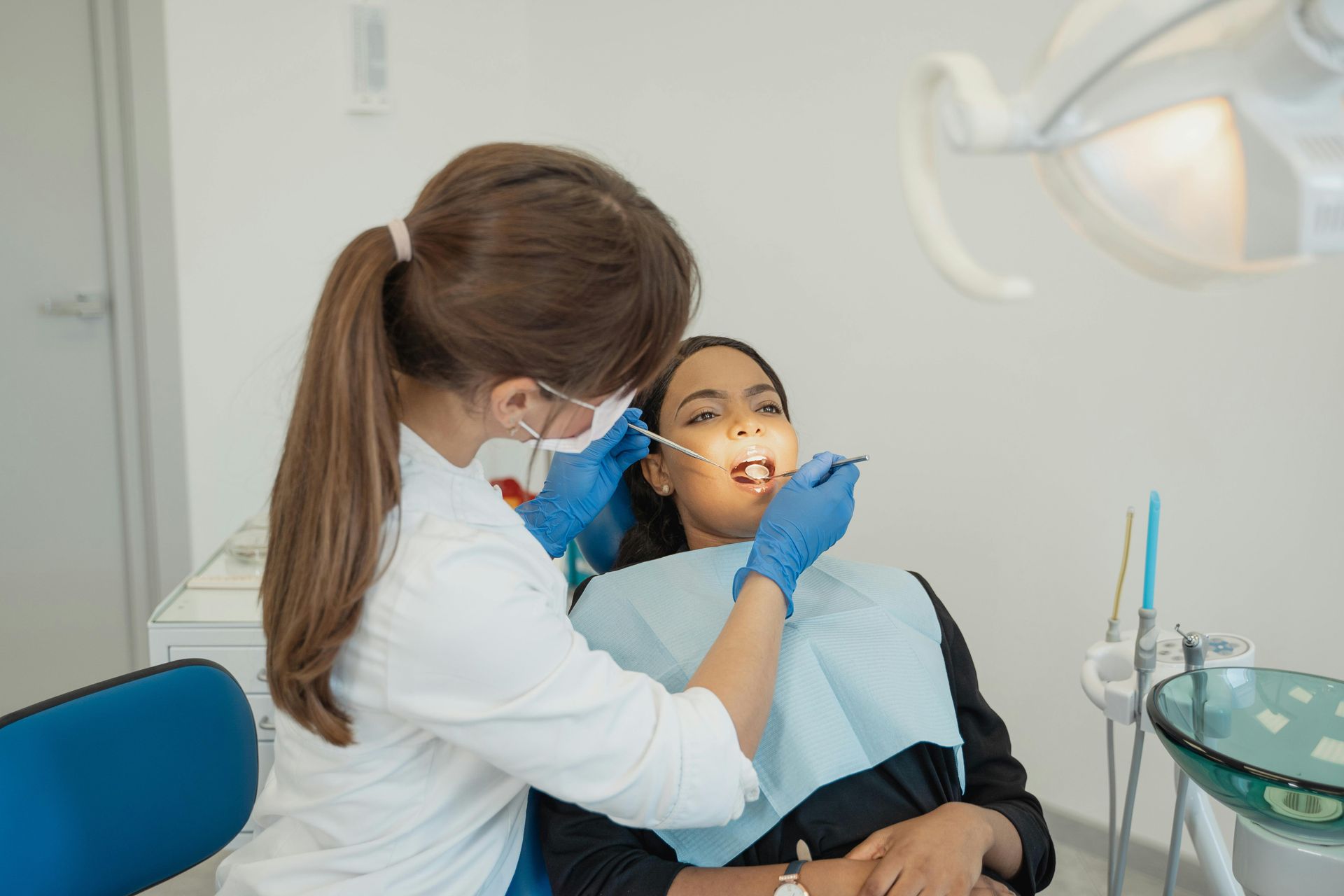Maintaining a Healthy Smile with Braces: A Guide to Oral Care
Why Oral Care is Important During Orthodontic Treatment
The journey to a perfect smile often involves the winding road of orthodontic treatment. While braces work their magic aligning teeth, they introduce a complex landscape for oral hygiene. Amidst the intricacies of brackets and wires, maintaining that healthy gleam becomes a formidable challenge.
Understanding the importance of oral care while sporting braces is critical to prevent decay and ensure the success of your orthodontic treatment. Braces do more than straighten teeth; they harbor food particles and plaque, which can lead to complications if not cleaned properly. The onus of adhering to an optimal dental care routine during this time cannot be overstated.
This guide will navigate you through the essential techniques and habits necessary to preserve your smile's health while you are on your braces journey. From brushing and flossing strategies tailored for braces to dietary adjustments and the benefits of mouthwash, each cornerstone of this guide builds towards a foundation of enduring oral hygiene.
Orthodontic treatments are a significant step toward achieving a healthy smile, but they also necessitate an adjustment in your oral care routine. The brackets and wires associated with braces create additional nooks and crannies where food particles and plaque can accumulate, leading to potential dental issues such as tooth decay and gum disease. Proper care of your teeth with braces is essential because it helps maintain the integrity of tooth enamel, the strength of the gums, and the overall success of the treatment. Healthy teeth can move into their correct positions more effectively and are less likely to suffer from the adverse effects of prolonged orthodontic appliance wear. Therefore, ensuring that your oral hygiene routine is thorough and consistent is critical for maintaining oral health during and after the completion of orthodontic treatment.
Using Special Cleaning Tools for Braces
To deal with the intricacies of cleaning teeth with braces, certain specialized tools are highly beneficial. An interdental brush, also known as a proxabrush, can be used to remove plaque and food debris from between the brackets and wires, where a regular toothbrush may not reach effectively. A floss threader is a handy device that helps thread the floss behind the wires, allowing you to faint beneath the gum line and between each tooth. For individuals who find flossing with a threader challenging, a water flosser can be an efficient alternative, using a stream of water to dislodge food particles and plaque around the orthodontic appliances and between the teeth. It is important to floss at least once a day to maintain gum health and prevent decay in the areas that are harder to clean with brushing alone.
Preventing Decay: Proper Brushing Techniques
Preventing tooth decay is fundamental for maintaining a healthy smile, particularly for those with orthodontic appliances. A proper brushing technique is essential to ensuring oral health, as it helps to remove food particles and plaque that can lead to gum disease and enamel erosion.
Proper Care with Brushing Techniques:
- Choose the Right Tool: Employ a soft-bristled toothbrush or an electric toothbrush which can be more effective.
- Correct Angle: Hold the brush at a 45-degree angle to the gum line. This allows the bristles to clean beneath the wires of the braces.
- Gentle Circles: Use gentle circular motions to brush around the wires and pins of the braces.
- Brush Every Tooth: Spend about 10 seconds on each tooth, ensuring to brush both the inner and outer surfaces.
- Regular Brushing: Brush at least twice a day, preferably after every meal to prevent the build-up of plaque.
- Fluoride Toothpaste: Use fluoride toothpaste for added protection against decay.
- Timely Replacement: Replace your toothbrush every three months or sooner if the bristles are frayed.
By adhering to these proper brushing techniques, you can aid in the prevention of dental issues and maintain a healthy oral care routine during orthodontic treatments. Regular brushing with a focus on detail is a cornerstone to hygiene with braces.
Regular Teeth Cleaning for Optimal Oral Hygiene
Maintaining optimal oral hygiene is critical, especially for those undergoing orthodontic treatments. Regular teeth cleaning is at the heart of a healthy smile. Here's a concise guide on crafting an effective oral care routine with a focus on dental care for teeth with braces.
- Twice Daily Brushing Brush with fluoride toothpaste using an electric toothbrush for extra cleaning efficiency. Ensure that every tooth enamel surface, as well as the braces, are cleaned thoroughly to prevent tooth decay.
- Flossing is Fundamental Employ a floss threader or water flosser to navigate the braces. Floss at least once daily to eliminate food particles and reduce the risk of gum disease.
- The Right Tools Matter Use an interdental brush for tricky spots and a soft-bristled toothbrush to protect gums and enamel.
- Avoid Problematic Foods Sticky Foods, chewy foods, and crunchy foods can damage orthodontic appliances. Sugary food should be limited to prevent plaque buildup.
- Rinse and Repeat Rinse with mouthwash after cleaning to remove any residual particles and maintain oral health.
- Regular Professional Cleaning Dental professionals recommend professional cleaning to prevent dental issues and ensure healthy teeth, crucial for hygiene with braces.
Foods to Avoid and Foods that are Safe to Eat with Braces
Maintaining a robust oral health routine is crucial when undergoing orthodontic treatments to ensure healthy teeth and gums, as well as the longevity of your orthodontic appliances. Dental care with braces involves extra attention as food particles can get trapped easily, increasing the risk of tooth decay and gum disease.
Start by selecting the right tools for your oral hygiene routine. An electric toothbrush with soft bristles can be effective in removing food debris around teeth with braces. Additionally, a water flosser or floss threader helps navigate the wires to remove plaque and particles that regular brushing might miss. Invest in fluoride toothpaste to protect the tooth enamel.
When it comes to flossing, it should be a daily activity. Using a floss threader can help maneuver the floss under the wires of your braces. For smaller spaces, an interdental brush is beneficial. Diet also plays a significant role in maintaining a healthy smile. Avoid sticky foods and chewy foods like caramel, as they can damage braces. Likewise, sugary food and crunchy foods should be consumed minimally to prevent dental issues. Hard foods can not only break your orthodontic appliances but also harm your gum tissue.
Schedule regular dental check-ups for a professional cleaning to complement your home oral care routine. Dental professionals can provide guidance on proper care techniques specific to hygiene with braces to keep your orthodontic journey on track toward a beautiful, healthy smile. Remember, proper oral care routine with braces takes extra care, but it’s worth the effort for a lifetime of healthy teeth.
Closing Message: Importance of Good Oral Care During Orthodontic Treatment
Oral care is crucial during orthodontic treatments. Braces on your teeth create additional nooks for food particles and plaque to hide, which can lead to tooth decay, gum disease, and staining of tooth enamel if oral hygiene is not maintained. Regular brushing with fluoride toothpaste, using floss threaders or a water flosser, and incorporating interdental brushes become part of an advanced oral hygiene routine for healthy teeth with braces. Avoiding Sticky Foods, chewy foods, crunchy foods, and sugary food is important to prevent damage to the orthodontic appliances and to minimize the risk of dental issues.
Keeping up with professional cleaning appointments ensures that hard-to-reach areas are cleaned thoroughly. Dental professionals can offer advice on extra care that may be needed and monitor the health of your teeth and gums.
Proper care of your teeth during orthodontic treatment not only guarantees a healthy smile but also ensures that the results last long after the braces come off. With dedication to your oral care routine, you can keep your smile radiant and robust throughout the entire course of wearing braces and well into the future.
A disciplined approach to oral hygiene with braces is indispensable for a successful orthodontic treatment outcome. Adopt good practices, use the right tools, and consult your dental professionals regularly for an indelible, healthy smile.
If you would like to schedule your check-up, call us today at 416-222-82-96 to make an appointment for a general check-up and detect possible warning signs. At Wexford Dental, dentistry in Scarborough we offer only what you need.












